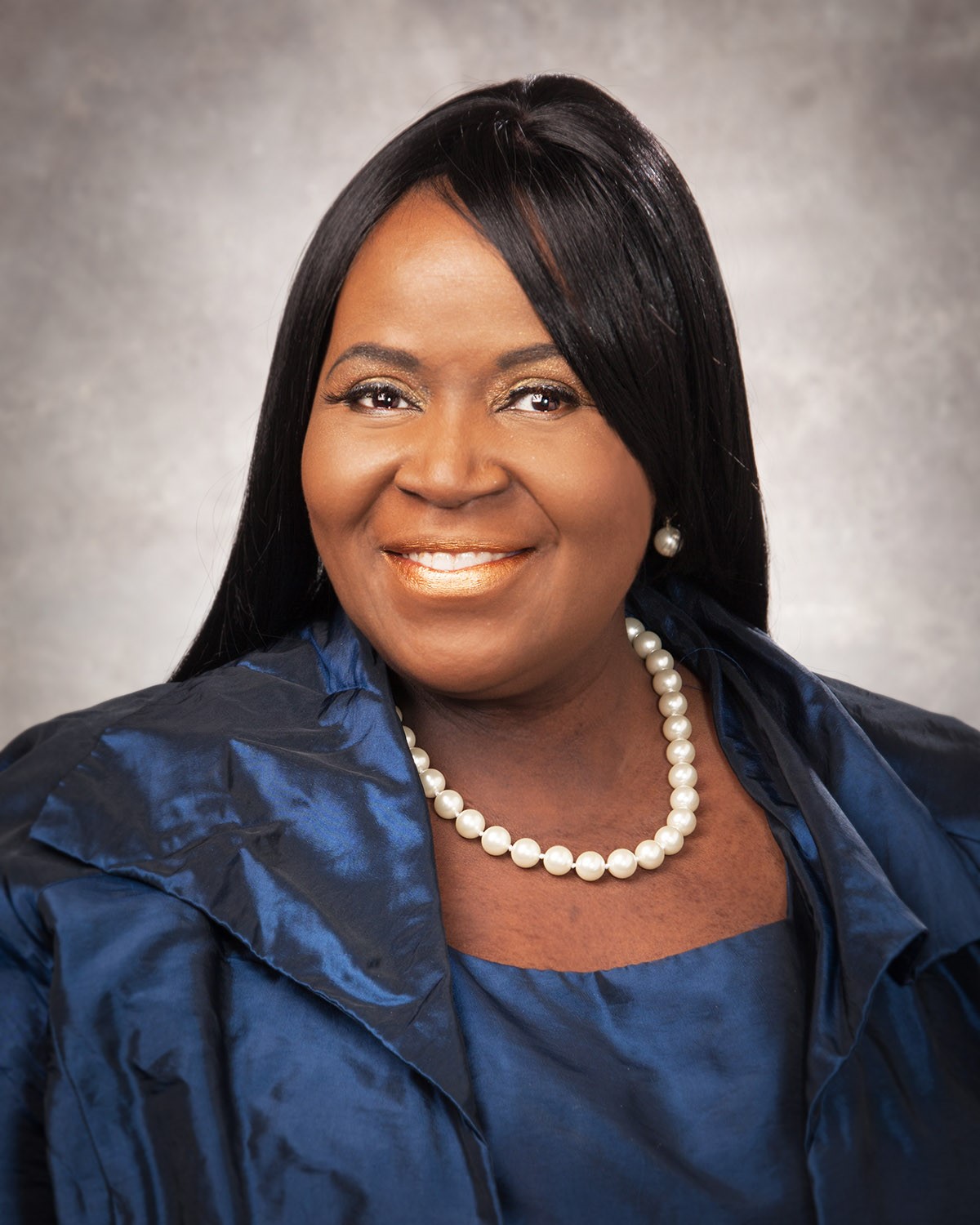Representative Shelia Stubbs, Member of the Legislative Council Study Committee on Increasing Offender Employment Opportunities, Testifies in Support of Assembly Bills 180, 181, 182, and 183
MADISON, Wis. – Following the Assembly Committee on Corrections’ public hearing on Assembly Bills 180, 181, 182, and 183, Representative Shelia Stubbs released the following statement:
“Our criminal justice system is broken. When we release people from incarceration back into the community, we do not adequately equip them for success. I have seen firsthand the difficulties that face Persons in Our Care (PIOC) as they begin reintegrating into the general population. With an absence of structure, resources, and support, many people who are released from prison become stuck in a revolving door that continually returns them to incarceration. The way we stop this revolving door is by helping these individuals access resources and build skills to ensure their success in the world beyond prison walls. To thrive in our society, an individual needs stable housing, a stable livelihood, and community support. At this moment, in the state of Wisconsin, we are not sufficiently meeting the material and social needs of our previously incarcerated individuals.
AB180 would create a hotline for employers interested in hiring candidates with previous criminal records. This would encourage employers to more confidently consider previously incarcerated individuals for jobs by providing those employers with ready access to information and answers to questions they may have.
AB181 would expand currently existing earned early release programs to include individuals who, while incarcerated, successfully complete educational and vocational training programs. Currently under state law, PIOC can be deemed eligible for earned early release if they complete substance abuse counseling. This is because we have collectively determined that incarcerated people are less likely to re-offend and more likely to become productive members of society when they successfully take part in rehabilitative and preparative programming. It makes perfect sense to expand the definition of eligibility to include individuals who are working hard to build their professional skill sets and secure stable employment after release. In the words of Congressman Danny Davis, ‘The best protection against recidivism is a job.’
[inarticle ad=”UM-In-Article-2″]AB182 would require the Department of Corrections (DOC) to include training on rental readiness in its prerelease reentry programming and to issue a certification of rental readiness to individuals who successfully complete the training. It would also authorize the Wisconsin Housing and Economic Development Administration (WHEDA) to fund repairs for potential physical damage caused by a readiness certification recipient before that person begins leasing a property. Additionally, this bill would also grant immunity from civil liability to a landlord who decides to rent to a person certified under the program should that person cause certain injuries by act or omission. This bill is not perfect in its current form; it requires an amendment in order to properly supply WHEDA with the necessary revenue streams to fund potential housing repairs. However, with the proper amendments, this bill has the ability to bridge the gap between incarceration and stable housing in the community for many former PIOC.
AB183, potentially the most critical of all the bills we are considering as Corrections Committee members, would require the Department of Corrections to contract with at least one nonprofit organization, for-profit entity, or public agency to establish a community reentry center. This center will offer individuals who are being released from state correctional institutions initial points of contact for each of the following: health services, identification services, financial services, housing services, employment services, education services and supervision services. In my professional experience and my experience as a legislator, I have become acutely aware of how deficient the services we provide to individuals released from incarceration or under community supervision are. Creating a community reentry center will be instrumental in our efforts to help people attain stability, health, and wellness in their post-incarceration lives. In the words of Madame Vice President Kamala Harris, ‘We need to invest in rehabilitation and education programs for prisoners so that they have a chance to turn their life around.’
While there is still work to be done on these bills to recognize their full potential, I am confident that the provisions set out in AB180, AB181, AB182, and AB183 will pave the way toward a better and more just criminal justice system in Wisconsin, as well as a brighter future for our citizens leaving prison. I support these bills because they envision a Wisconsin in which community members, regardless of previous conviction, work together so that all may thrive.”
NOTE: This press release was submitted to Urban Milwaukee and was not written by an Urban Milwaukee writer. While it is believed to be reliable, Urban Milwaukee does not guarantee its accuracy or completeness.






















